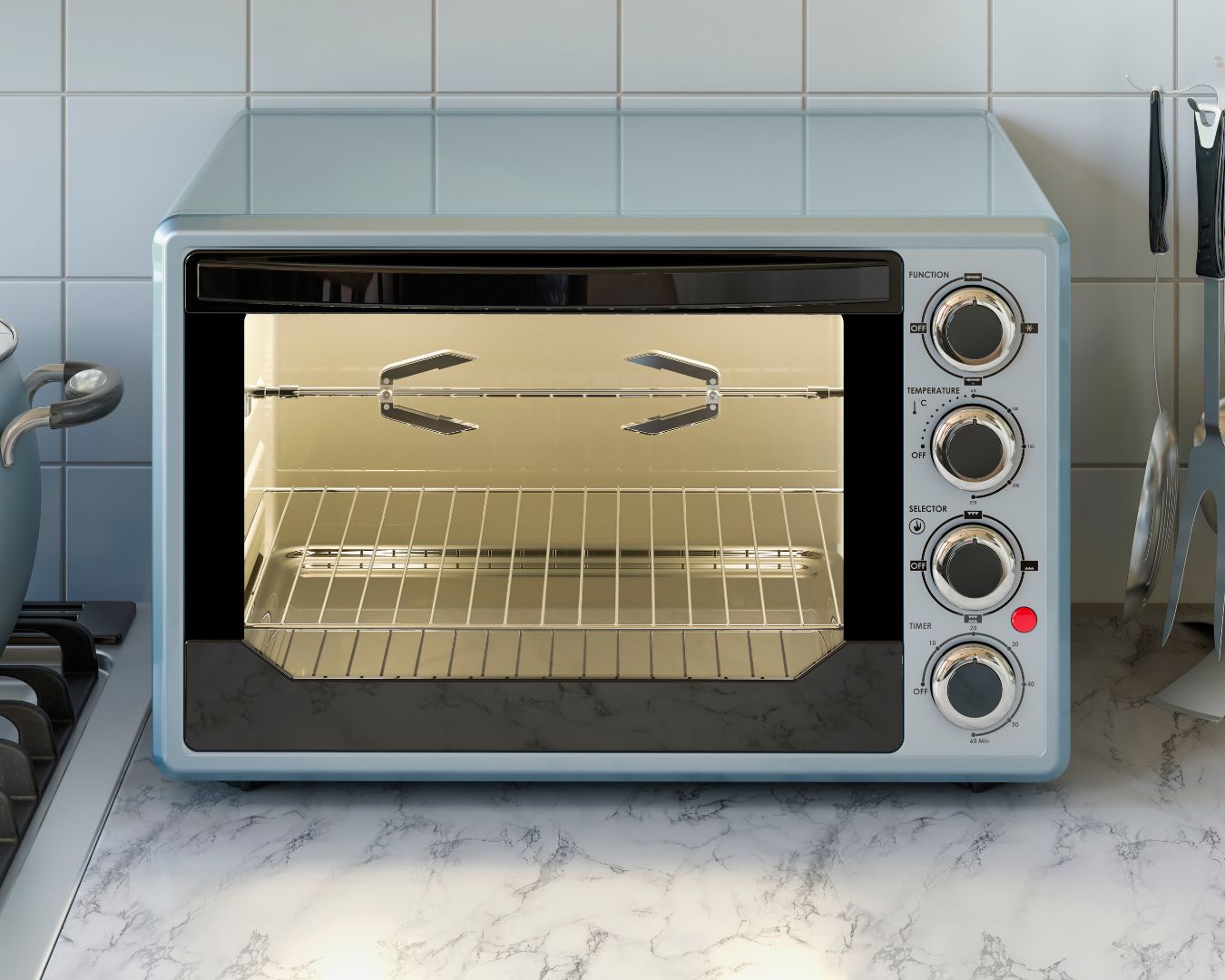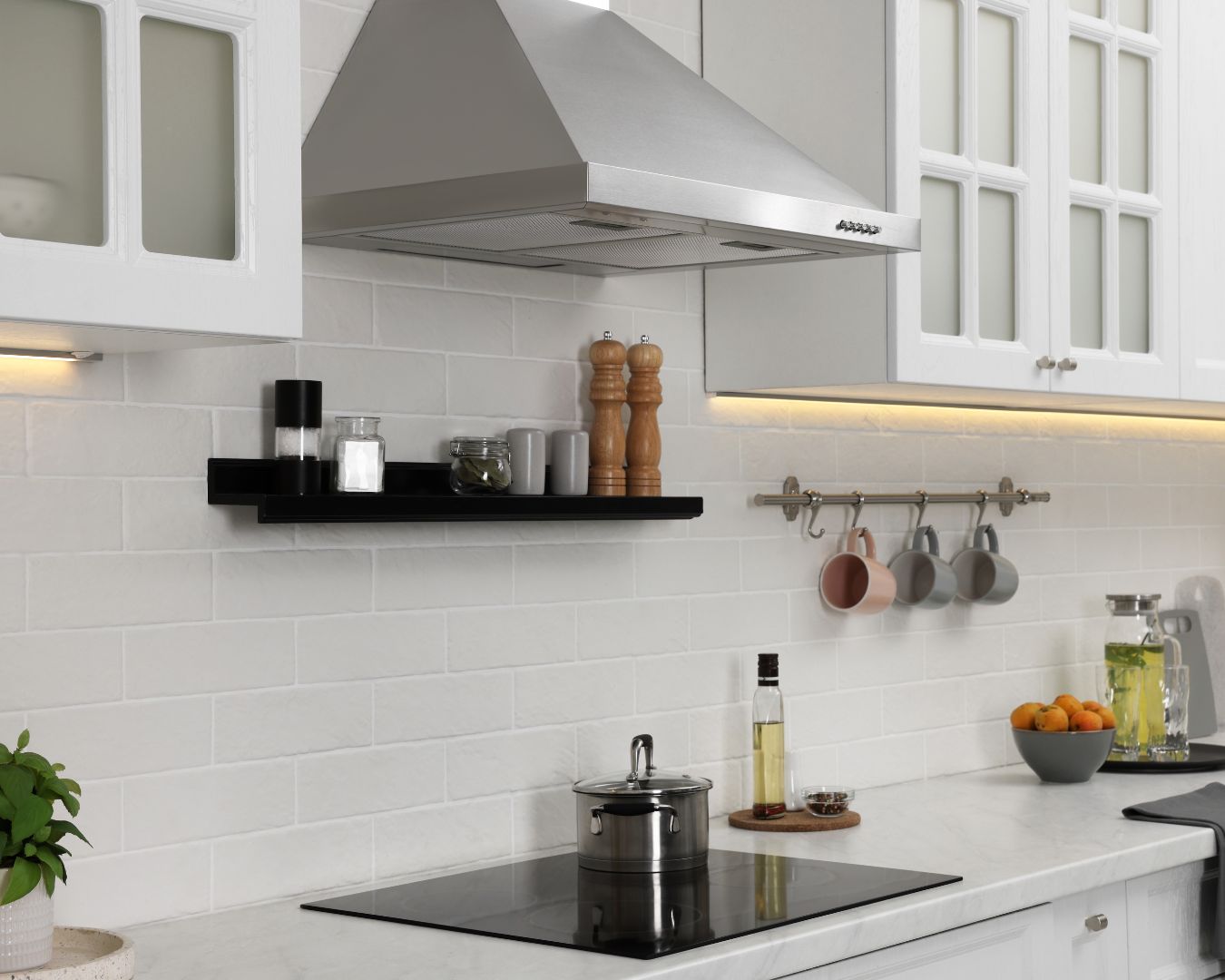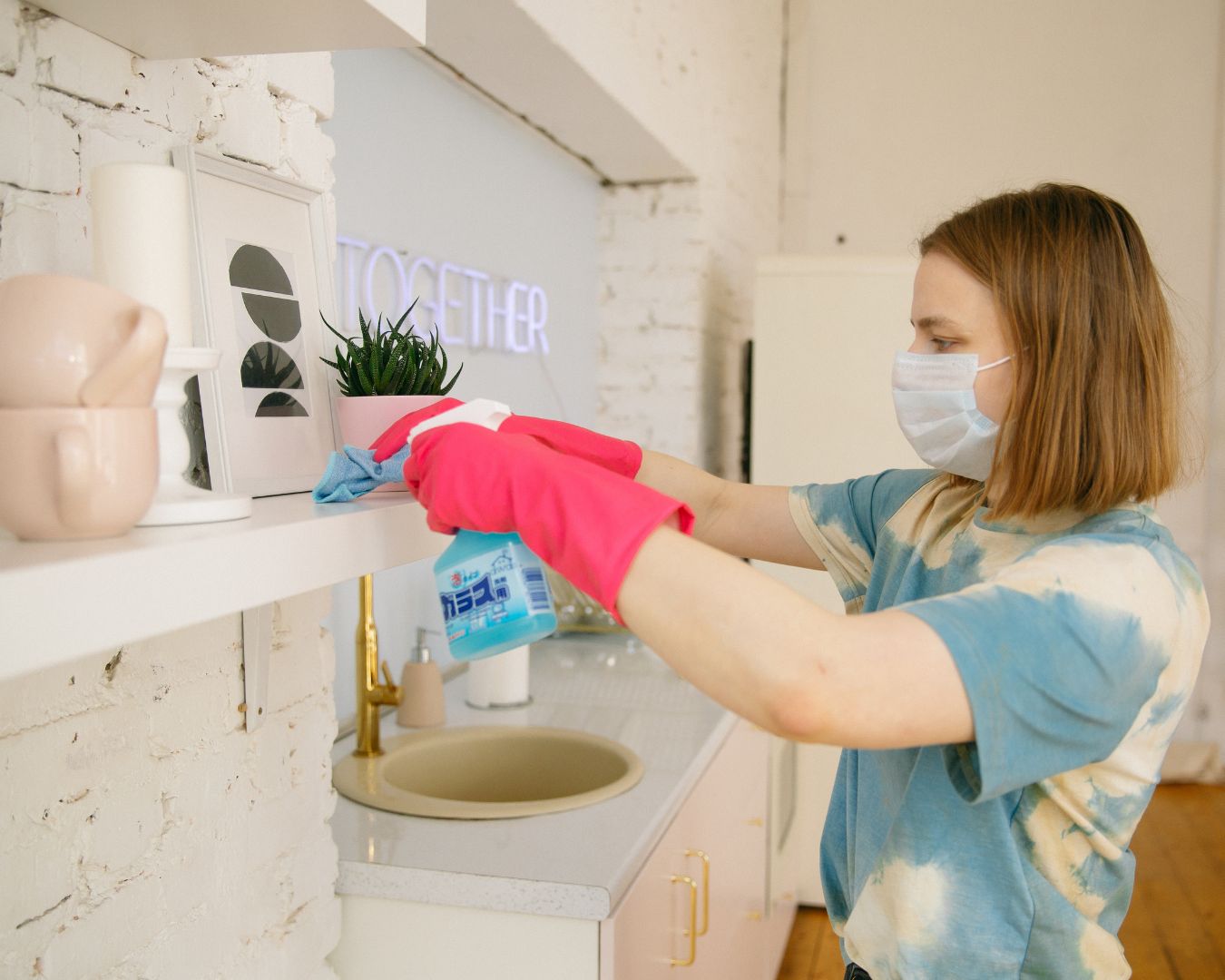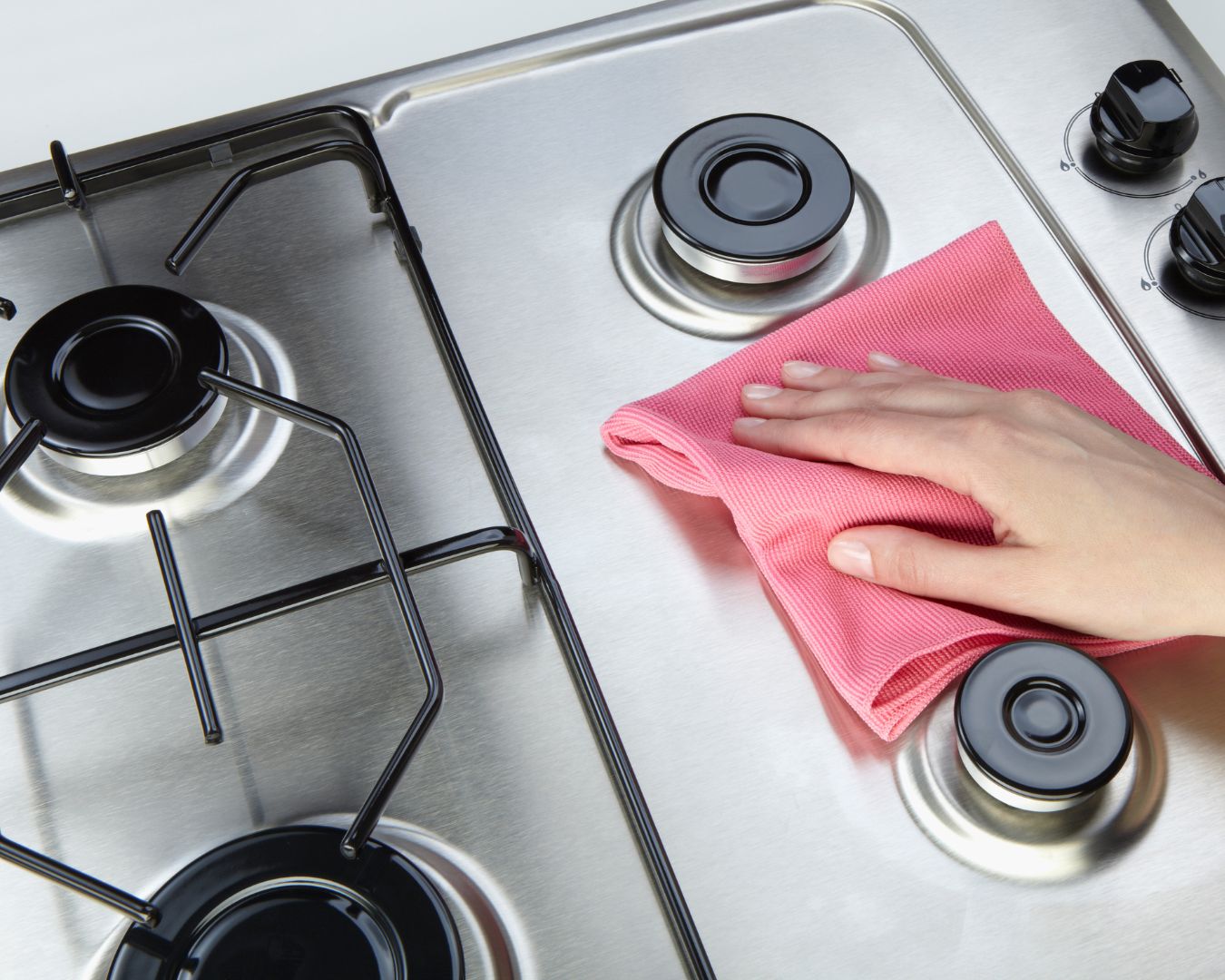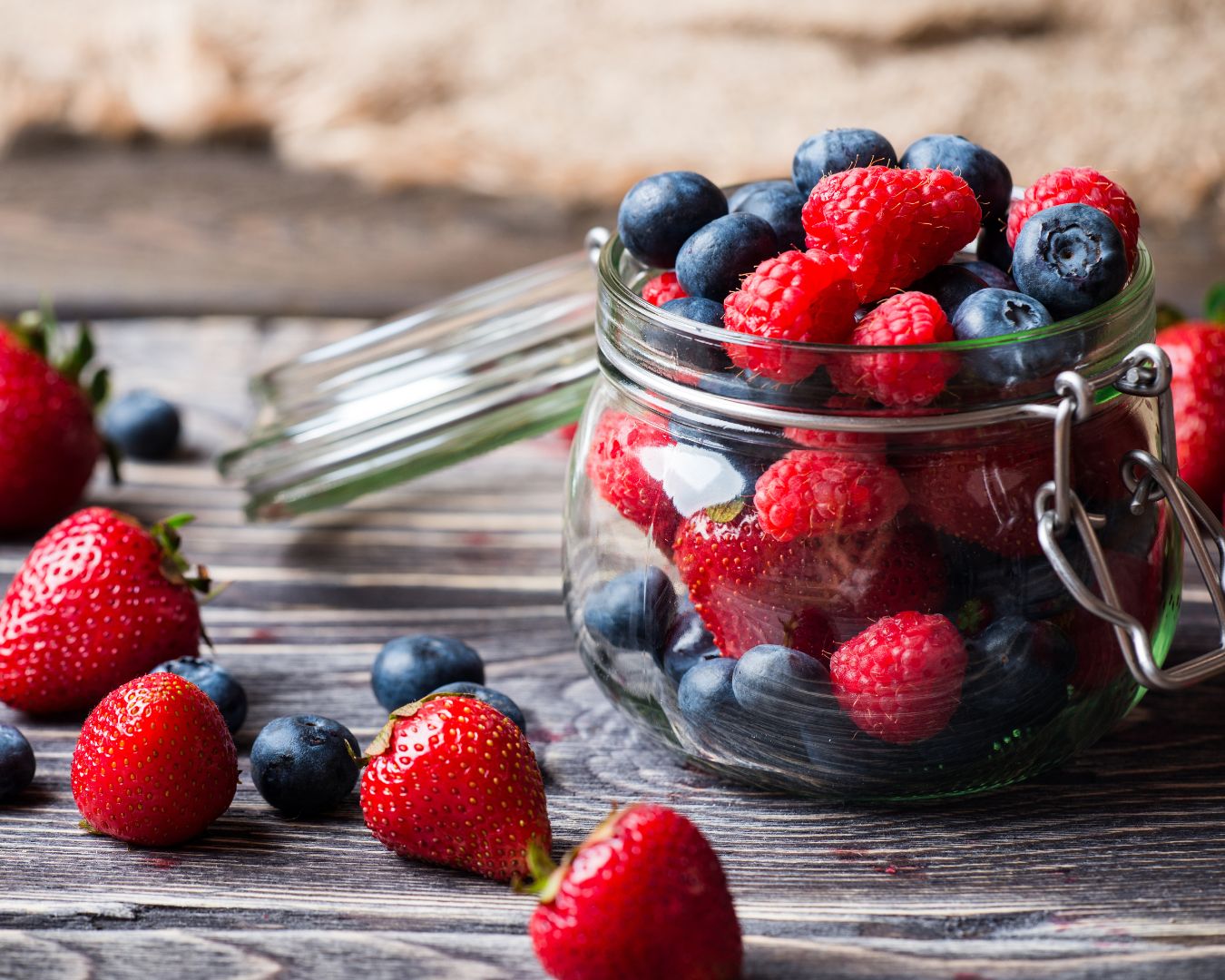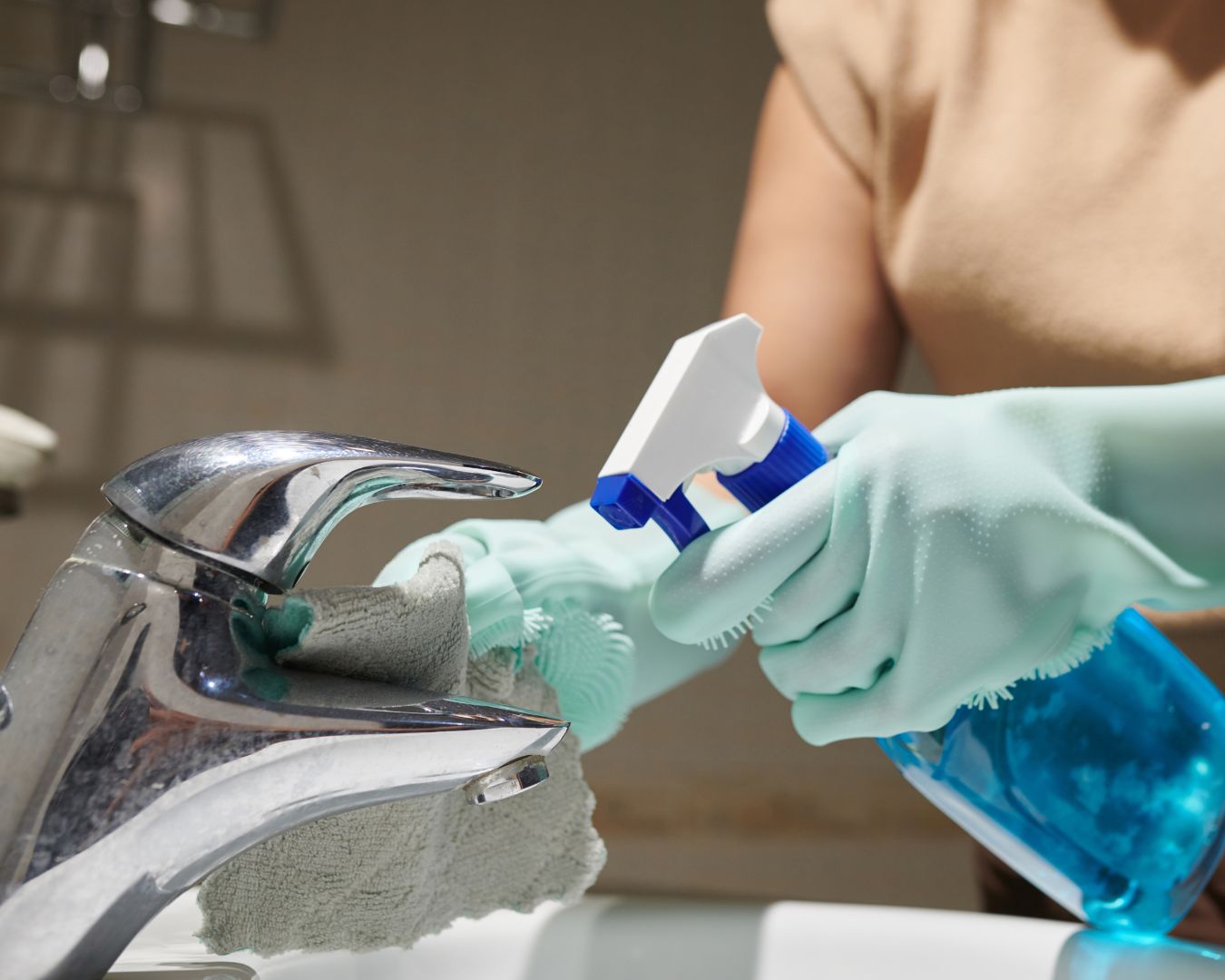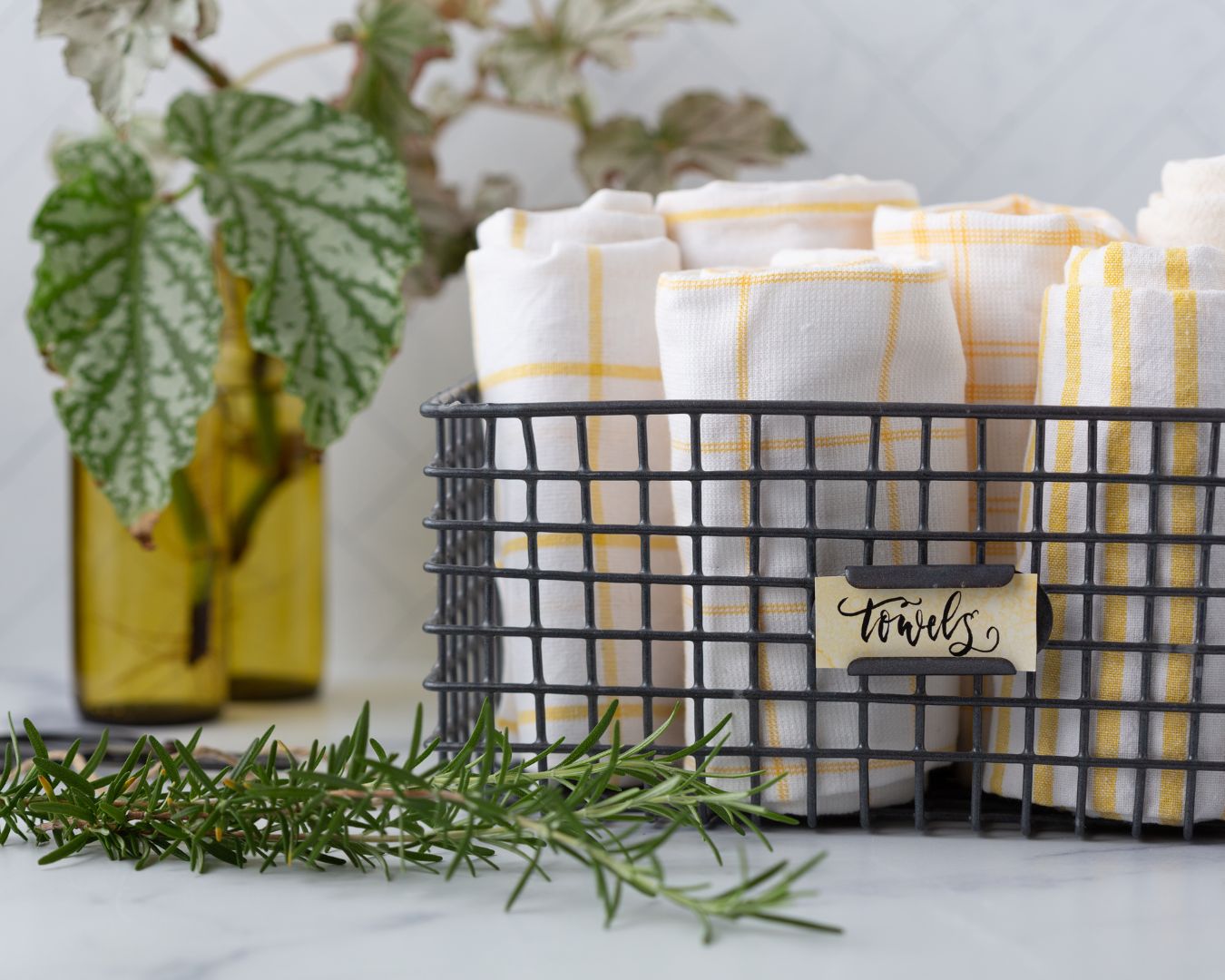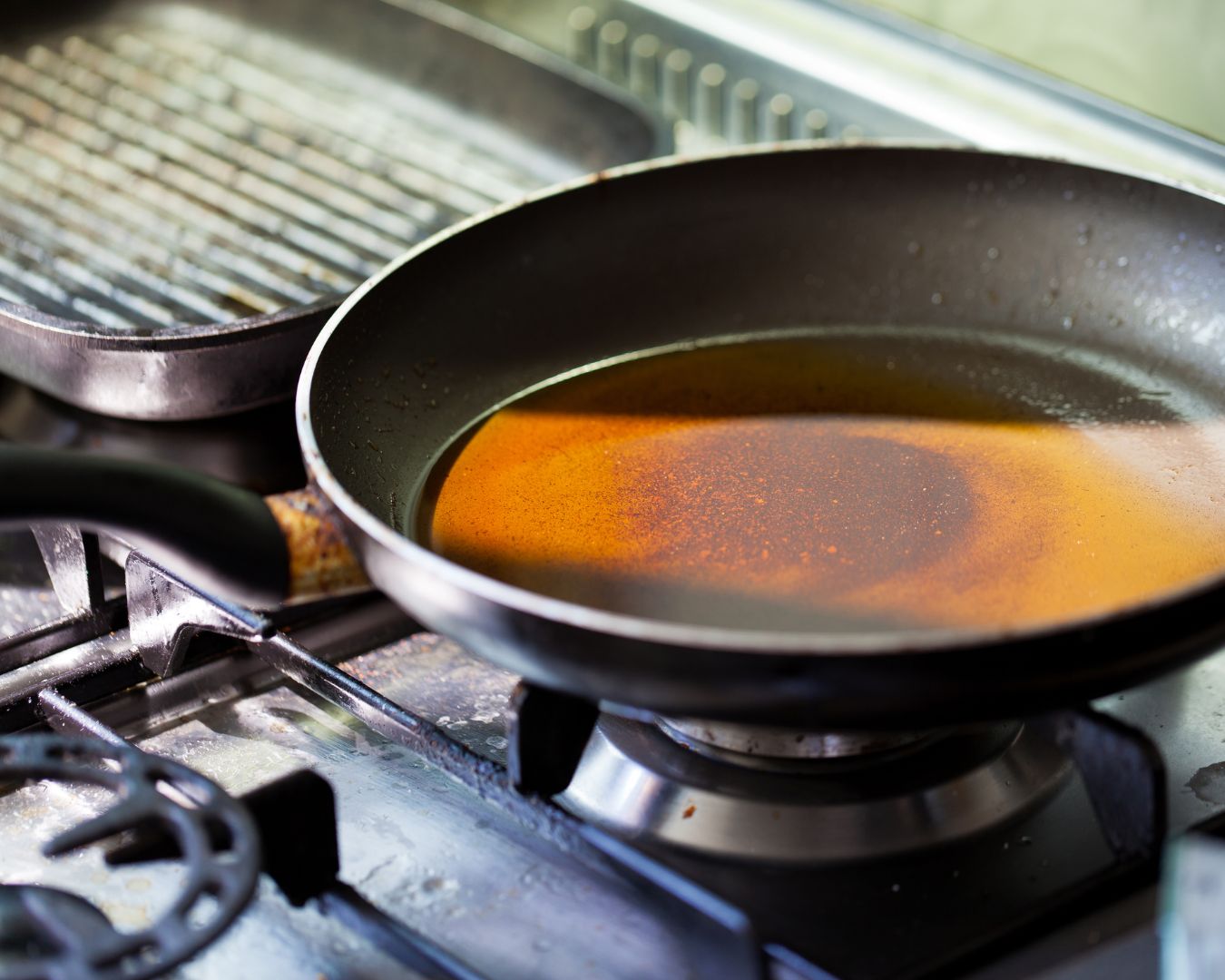How to Clean and Maintain a Toaster Oven
Toaster ovens are versatile kitchen appliances that can do everything from toasting bread to baking small batches of cookies. However, like any other appliance, they require regular cleaning and maintenance to keep them working efficiently and safely. In this blog post, we’ll guide you through the steps to clean and maintain your toaster oven, ensuring it stays in top condition for years to come. Why Regular Cleaning and Maintenance Matter Regular cleaning and maintenance are essential for several reasons: How to Clean Your Toaster Oven Step 1: Unplug and Cool Down Before you start cleaning, make sure your toaster oven is unplugged and completely cooled down. This is important for both your safety and the effectiveness of the cleaning process. Step 2: Remove and Clean the Removable Parts Step 3: Clean the Interior Step 4: Clean the Exterior Step 5: Reassemble and Test Once everything is clean and dry, reassemble your toaster oven. Plug it in and run it on a low heat setting for a few minutes to make sure everything is working properly. Maintaining Your Toaster Oven 1. Regularly Empty the Crumb Tray The crumb tray should be emptied and cleaned regularly to prevent crumbs from burning and causing smoke or fire hazards. 2. Avoid Overfilling Avoid overloading your toaster oven with food, as this can cause spills and make cleaning more difficult. Follow the manufacturer’s guidelines for food capacity. 3. Use the Right Cookware Only use cookware that is safe for toaster ovens. Avoid using plastic or other materials that could melt or warp under high heat. 4. Check the Door Seal Periodically check the door seal to ensure it’s intact and sealing properly. A good seal helps maintain even cooking temperatures and prevents heat from escaping. 5. Schedule Deep Cleans In addition to regular cleaning, schedule a deep clean of your toaster oven every few months. This will help prevent buildup and keep your appliance in good condition. Troubleshooting Common Issues 1. Uneven Heating If your toaster oven is cooking unevenly, it might be due to grease buildup on the heating elements or improper rack placement. Clean the heating elements carefully and make sure the racks are positioned correctly. 2. Burning Smell A burning smell is often a sign of leftover food particles or grease in the toaster oven. Unplug the appliance and give it a thorough cleaning to remove any residue. 3. Door Not Closing Properly If the door isn’t closing properly, check for obstructions or misaligned parts. If the door seal is damaged, it may need to be replaced. Cleaning and maintaining your toaster oven is simple, yet essential for ensuring its longevity and safe operation. By following these steps, you can keep your toaster oven in top shape, ready to deliver delicious meals and snacks whenever you need them. Make regular cleaning a habit, and enjoy the benefits of a well-maintained kitchen appliance!

